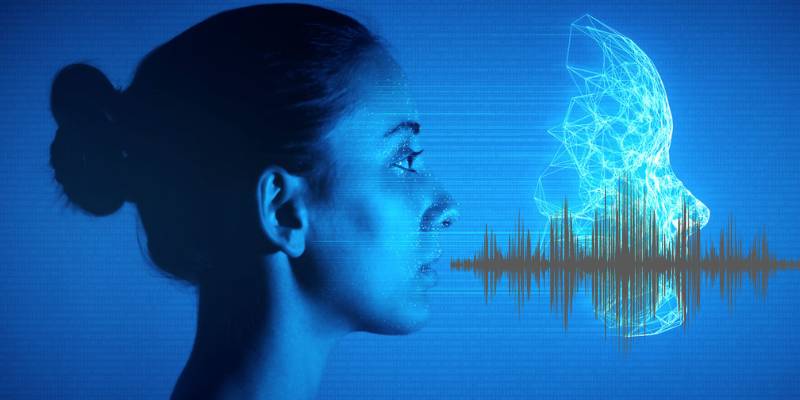A new study from Queen Mary University of London has revealed that artificial voices have finally crossed the uncanny line.
According to recent findings on AI-generated voices, listeners were fooled more than half the time, mistaking synthetic voices for real human speech.
With accuracy scores separated by only a few percentage points, it’s official—most people can’t tell the difference anymore.
Researchers pulled this off using just a few minutes of real recordings. The cloned voices captured tone, cadence, and emotional nuance so well that even trained listeners hesitated.
Some participants even rated the AI voices as more trustworthy or confident than their human counterparts, a twist highlighted in a deeper analysis of the experiment’s behavioral results. It’s unsettling—the fake might not just sound real, but better than real.
And that’s not just theory. Law enforcement experts are already warning that voice-cloning scams have gone mainstream.
Fraudsters can now lift your voice from a voicemail, generate speech in real time, and call your loved ones asking for money. It’s the new phishing, but with your own words as bait.
Even Sam Altman has raised the alarm about voice-based banking systems, calling them dangerously outdated in an age where AI can mimic your tone and rhythm flawlessly.
The legal world is starting to catch up, albeit slowly. In Mumbai, the Bombay High Court recently ruled that cloning a celebrity’s voice without permission violates their “personality rights.”
The case, involving legendary playback singer Asha Bhosle’s plea against AI misuse of her voice, could set a global precedent for how voice identity is protected in the digital age.
On the tech side, a quiet race is unfolding to build defenses. Researchers are experimenting with so-called “audio fingerprints”—tiny, inaudible markers embedded in recordings to prove authenticity.
A new framework known as Perturbed Public Voices (P²V) introduces background distortions that throw off AI voice replicators without affecting how we hear them.
Early tests suggest that these subtle tweaks reduce cloning accuracy dramatically, offering one of the first proactive ways to fight back.
But here’s the bigger question: when your voice can be copied perfectly, what still makes it yours?
The idea that a few lines of data can reconstruct your most personal sound—the way you laugh, whisper, or yell—feels like a betrayal of the senses. It’s amazing and horrifying at once.
Personally, I find it both exhilarating and unnerving. AI is giving us the power to restore lost voices, to help the mute speak again, to bring art and history to life—but it’s also giving con artists the perfect disguise.
We’ve hit the point where the human voice, once the truest sign of identity, can no longer be trusted at face value. And that, honestly, sounds like a plot twist none of us were ready for.

